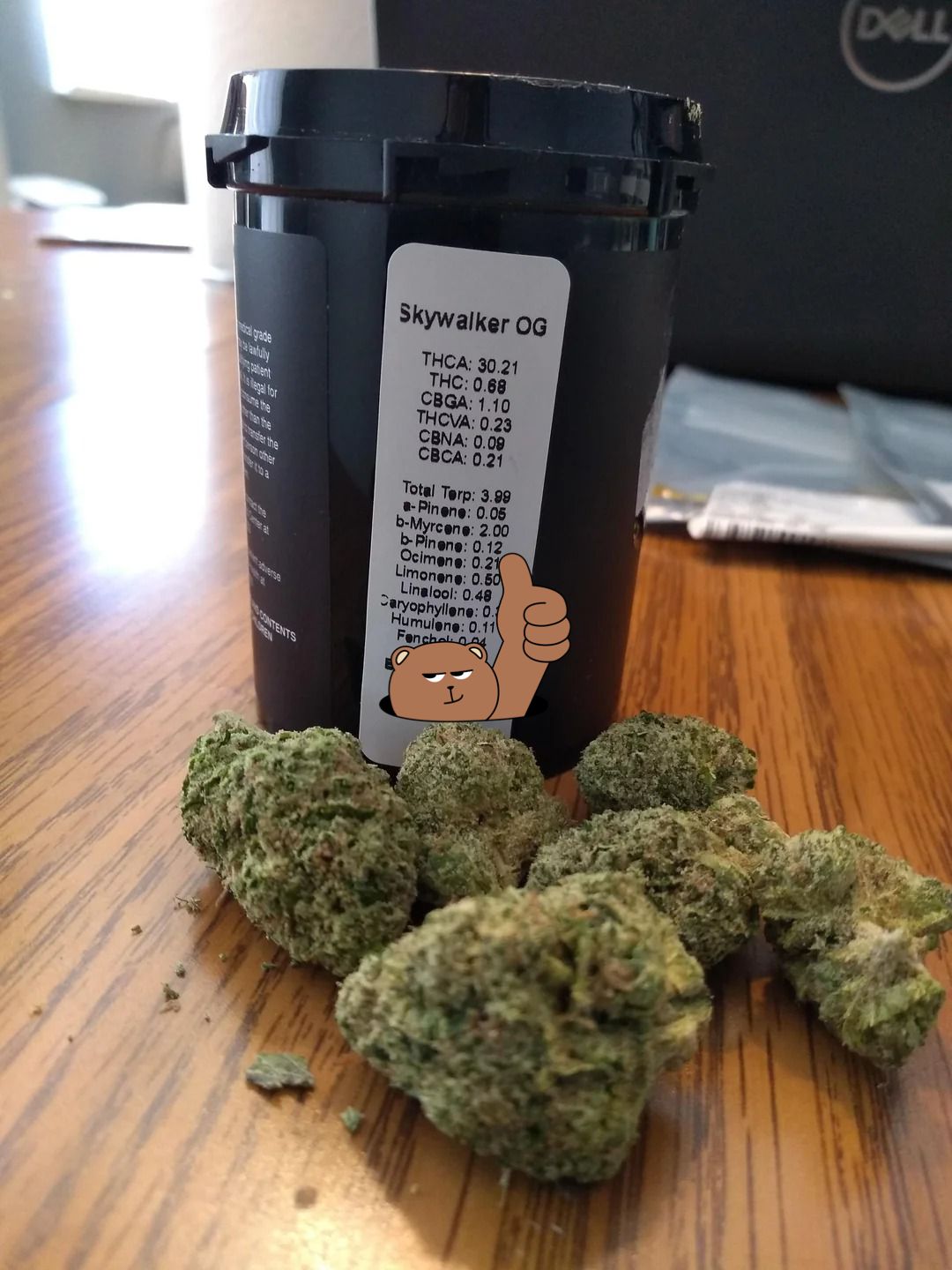Weed in La Orotava–Puerto de la Cruz–Los Realejos: Cannabis Culture in Northern Tenerife

La Orotava, Puerto de la Cruz, and Los Realejos are three charming towns located in the northern part of Tenerife, the largest of the Canary Islands. Known for their beautiful landscapes, lush vegetation, and rich cultural heritage, these towns are popular destinations for tourists and locals alike. As Spain’s cannabis laws remain stringent, the approach to cannabis in La Orotava, Puerto de la Cruz, and Los Realejos reflects both national regulations and changing social attitudes. This article explores the current state of cannabis culture in these towns, examining the legal context, evolving public views, and the rising interest in cannabis products like CBD.
The Legal Landscape in La Orotava–Puerto de la Cruz–Los Realejos
Cannabis in Spain, including in the towns of La Orotava, Puerto de la Cruz, and Los Realejos, is subject to national law. The Spanish Penal Code deems recreational cannabis use illegal, making the sale, distribution, and public consumption of cannabis prohibited. Individuals cannot legally purchase, sell, or possess cannabis for non-medical purposes on weed in La Orotava–Puerto de la Cruz.
This law also extends to cannabis consumption in cars or other public spaces where the smell might disturb others.
This means that in the privacy of one’s home, individuals can legally smoke or consume cannabis, provided they follow the rules regarding cultivation and distribution. The cannabis must be intended for personal use, and it cannot be sold or shared on weed in La Orotava–Puerto de la Cruz.
One of the more notable aspects of cannabis culture in these towns is the presence of cannabis social clubs. These private, non-profit organizations allow registered members to cultivate, consume, and share cannabis in a controlled, regulated environment. In La Orotava, Puerto de la Cruz, and Los Realejos, cannabis social clubs offer a space for those who prefer to consume cannabis in a private, safe environment, avoiding public consumption and its associated legal risks on weed in La Orotava–Puerto de la Cruz.
Changing Attitudes Towards Cannabis
In the towns of La Orotava, Puerto de la Cruz, and Los Realejos, where more traditional values often hold sway, cannabis use has been viewed as taboo or even controversial.
However, attitudes are slowly changing, especially among younger residents. As cannabis use becomes more normalized in Spain and across Europe, younger people in these towns are beginning to view cannabis as a recreational substance, similar to alcohol or tobacco, but without the harmful social implications traditionally associated with it. Many in these communities now see cannabis as a less dangerous alternative to alcohol, which has long been a central part of social life in Spain.
The growing acceptance of cannabis use is also linked to a broader conversation about cannabis’s medicinal properties. In Spain, medical cannabis has been legal since 2018 under specific circumstances, and its use has become more widely accepted. This shift has played a key role in helping to change public perception, as many people now understand cannabis as a viable treatment for conditions like chronic pain, anxiety, and sleep disorders. This broader understanding of cannabis as a medicinal and recreational substance has influenced public attitudes in La Orotava, Puerto de la Cruz, and Los Realejos.
The Rise of CBD Products
One of the most notable trends in cannabis culture in these towns, as well as throughout Spain, is the increasing popularity of CBD products. Unlike THC, which causes the psychoactive effects associated with marijuana, CBD does not produce a “high” and is instead celebrated for its ability to relieve pain, anxiety, and stress without the intoxicating effects.
CBD products such as oils, tinctures, creams, and edibles are becoming more widely available in health shops, wellness centers, and even some pharmacies in La Orotava, Puerto de la Cruz, and Los Realejos. Given the growing awareness of CBD’s potential benefits, more people in these towns are turning to CBD products to manage ailments such as chronic pain, insomnia, and stress.
The legal status of CBD in Spain has also contributed to its rise in popularity. This legal distinction makes CBD a safer and more accessible option for individuals seeking the health benefits of cannabis without the legal risks associated with THC.
The Future of Cannabis in La Orotava–Puerto de la Cruz–Los Realejos
As attitudes toward cannabis continue to evolve in Spain, it’s likely that cannabis culture in La Orotava, Puerto de la Cruz, and Los Realejos will become increasingly open and tolerant. With the growing acceptance of cannabis social clubs, the rise of CBD products, and the shift in public perception, the future of cannabis use in these towns seems to be moving toward greater normalization.
While recreational cannabis remains illegal, the changing attitudes and increasing awareness of cannabis’s medicinal and wellness benefits suggest that these towns may eventually play a role in broader cannabis reform discussions across Spain.
It’s also possible that, as public demand for cannabis grows, the Spanish government may consider changes to the legal framework surrounding recreational use. This change could allow towns like La Orotava, Puerto de la Cruz, and Los Realejos to see a more open approach to cannabis consumption and access.
Conclusion
Cannabis culture in La Orotava, Puerto de la Cruz, and Los Realejos is evolving, driven by changing social attitudes, the rise of CBD products, and growing acceptance of cannabis as a medicinal and recreational substance. While cannabis remains illegal for recreational use, the presence of cannabis social clubs and the increasing demand for CBD products signal a shift toward a more open and accepting culture in these towns. As attitudes continue to evolve and public awareness of cannabis’s potential benefits grows, the future of cannabis in these towns could see further reforms and greater integration of cannabis-related products into everyday life.

Skywalker product exceeded my expectations in both potency and purity, I really appreciated the discretion and professionalism in the delivery process , you can reach to him on Telegram t.me/skywalkerOG_1 and also there email realskywalkerog1@gmail.com
“Man, that skywalker OG you gave me last night was fire. Smoothest smoke I’ve had in months.”

Great service, easy to work with and I’m very satisfied. I’m so happy I found skywalker here. He is super responsive, on time and the quality of weed he sells are serious on point and top notch.